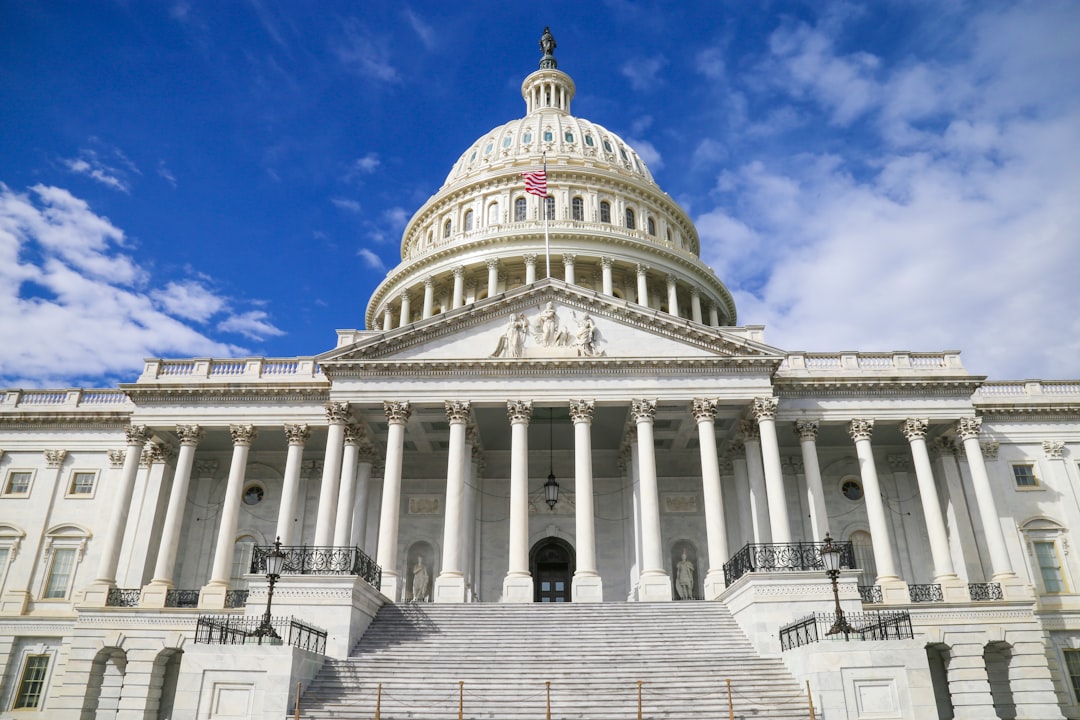In Washington State, consumers are protected by strict debt collection regulations, including the Spam Call law. Debtors have rights to dispute debts and request validation within a specified period. Specialized Spam Call law firms assist in navigating these laws, challenging debt validity, and protecting against abusive collection practices, empowering residents to manage their financial obligations effectively.
In Washington State, understanding debt collection laws is crucial for consumers facing aggressive creditors. With a strong focus on consumer protection, these laws guide fair practices and offer avenues for dispute. Unfair or abusive debt collection tactics, often employed by spam call law firms in Washington, can be challenged legally. This comprehensive guide navigates through the process, empowering individuals to identify and contest dubious practices, ultimately ensuring their rights are respected throughout the debt dispute journey.
Understanding Washington State Debt Collection Laws

In Washington State, debt collection practices are regulated by both state and federal laws. Understanding these regulations is crucial for consumers looking to dispute debt collections effectively. The Spam Call law, for instance, restricts how often and under what circumstances debt collectors can contact consumers. This law also provides guidelines on the type of information that can be shared during these communications.
Additionally, Washington State has specific rules regarding the validation of debts, giving consumers the right to request proof of their debt within a certain timeframe. Consumers should be aware of their rights under these laws to dispute debt collections, including the option to file a complaint with the Washington State Attorney General’s Office if they believe their rights have been violated by a collection agency. Engaging with a reputable law firm specializing in debt collection disputes can also provide guidance and representation tailored to Washington State’s legal framework.
Identifying Unfair or Abusive Debt Collection Practices

In Washington State, debt collectors must adhere to strict regulations, and any practices that violate these rules can be considered unfair or abusive. One common violation is when collectors make excessive calls, often referred to as spam calls, using automated dialing systems or pre-recorded messages. This behavior is not only disruptive but may also indicate a lack of regard for the debtor’s rights under the Spam Call law firm Washington regulations.
Additionally, abusive debt collection practices can include threatening language, misrepresenting the amount owed, or using unfair tactics to coerce payment. Debtors have the right to demand validation of the debt and obtain accurate information about their financial obligations. Identifying these unfair practices is an essential step in disputing debt collections and protecting one’s rights under Washington State law.
The Role of Spam Call Law Firm in Debt Disputes

In Washington State, the role of a Spam Call Law Firm in debt disputes is significant due to the state’s strict regulations on debt collection practices. These firms specialize in navigating the intricate legal landscape surrounding consumer rights and debt resolution. When faced with alleged debt, individuals can seek their assistance to challenge the validity or amount of the debt, often through formal processes like debt validation and dispute letters.
The Spam Call Law Firm plays a crucial part by ensuring that debt collectors adhere to the laws governing their operations, including the Fair Debt Collection Practices Act (FDCPA). They help clients understand their rights, file necessary paperwork, and represent them in negotiations or legal proceedings. By engaging such firms, Washington state residents can effectively manage and resolve debt-related issues, especially when dealing with aggressive or unlawful collection tactics.
Steps to Effectively Dispute Debt Collections Legally

When faced with debt collection calls that feel like spam, know that you have rights under Washington state law. The first step is to gather all relevant information about the debt and the collector, including dates, amounts, and any communication records. Document every interaction with the debt collector, noting the date, time, and a summary of what was discussed. This documentation will be crucial if the dispute escalates.
Next, formally dispute the debt in writing. Send a letter to the debt collector via certified mail, requesting verification of the debt and stating that you are disputing it. The Debt Collection Practices Act (DCPA) requires collectors to provide validation of the debt, including the original amount owed, the name of the creditor, and information about the status of the debt. If the collector fails to provide this or cannot verify the debt, they may be prohibited from contacting you further regarding that specific debt under Washington state law. Consider consulting a local Spam Call law firm in Washington for legal guidance tailored to your situation.






